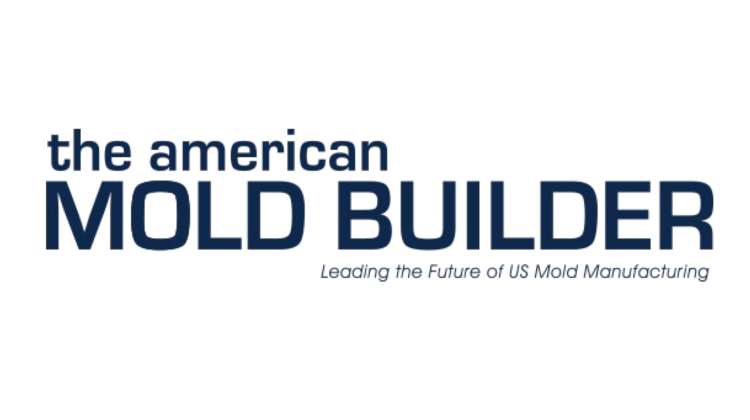
By Rachael Pfenninger, director of strategic execution, AMBA
Being a leader is more than supervising others and telling them what to do. In fact, leadership – at any level within a company – requires more internal reflection and active work than any other skill. But without training and guidance, the development of this necessary quality often is overlooked, impacting the performance of teams and companies alike.
To help address this challenge within US mold manufacturing, AMBA and its Emerging Leaders Network partnered with the Young Professionals Network in the Manufacturers Association for Plastics Processors (MAPP) and the Association for Rubber Products Manufacturers (ARPM) organizations to launch its final leadership development series of the year – A Leader’s Guide to Peer and Performance Management. This four-part virtual series (which ran from late October to mid-November) provided these up-and-coming professionals, department supervisors, management teams and executives with an opportunity to invest in their professional development, apply learned knowledge from week-to-week in their working environments and share experiences with manufacturing peers across a variety of functional areas.
ZingTrain Trainer and Keynote Speaker Elnian Gilbert, who has experience in customized training in visioning, employee training, open-book and change management and leadership, led the series via her expertise and experience. By the end of the training, attendees walked away with key takeaways related to ethical management and leadership philosophy and action, the “learn and teach” principle, an exploration of formal vs. informal feedback techniques, the “Next Time” feedback tool and key characteristics of effective performance reviews.
The first session in the series kicked off with a focus on the principles of servant leadership, decision-making and the stages of learning a skill. From vision and the provision of great service to concepts like “waterline decision-making” (a tool managers can utilize to make decisions about personal action and delegation) and “learn and teach” methodology (a tool that explores unconscious and conscious learning and their role in employee training), Gilbert walked attendees through how theory can be applied in everyday situations, and developments and leadership engagements.
An Emphasis on Community
Although each of the above points will be useful tools, skills and resources that will aid each attendee’s professional growth (with additional tools explored in the final three sessions), an important aspect not to be overlooked is the element of community integrated into the series. By enabling their employees to forge peer connections through professional development opportunities like this series, employers are sending the message that their employees’ professional development is valuable and worthwhile, thereby encouraging the growth of a community that could positively impact their workforce for years to come.
“When we learned that, for a single rate, we could provide professional development to the majority of our supervisory staff, we didn’t hesitate to register for this series,” explained Maria Parina, human resources manager, Atalys. “The development of managerial skills, the ability to provide (and accept) peer feedback and take accountability as leaders within our organization are all skills that will help our staff with their day-to-day responsibilities. We’re looking forward to continuing with the series and working as a team to implement what we learn.”
While the series has ended, AMBA member companies that are interested in sharing and exploring employee engagement, growth and retention tactics are encouraged to register for AMBA’s final peer networking session on December 4, noon to 1 p.m. (EST), where members will share their strategies and best practices in employee growth, development and retention.
More information: www.amba.org


